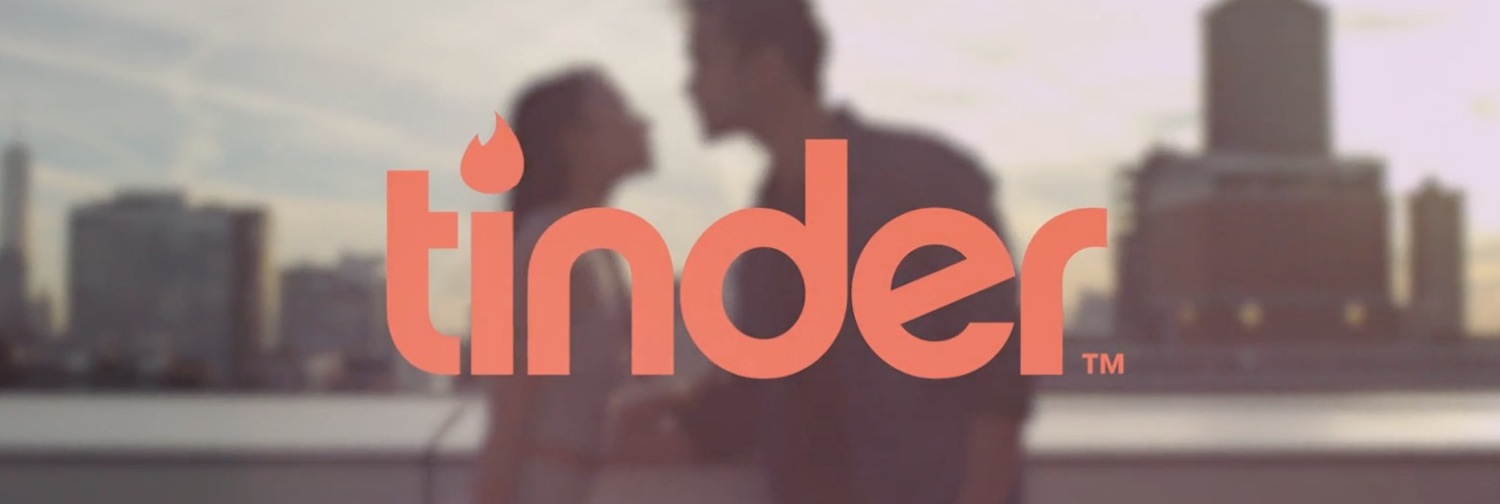Recently, there has been a flurry of iOS dating applications, many of which belong to major dating websites eager to reach their customers through an alternative medium. These applications, although extremely popular, maintain a certain negative appeal. Thus, serious dating companies, like Match.com (a subsidiary of IAC), have updated their iPhone applications to emulate the design of socially acceptable apps, such as Tinder. For instance, Match.com’s new app includes a swiping system similar to Tinder, along with an enhanced user experience, made possible by algorithms and information collected by the company. Match.com’s app also includes a new search option that allows users to narrow potential lovers by prioritizing similar interests.
Such new features reflect Match.com’s new strategy to be competitive in mobile markets. By encouraging its customers to transition from a desktop to mobile platform, Match.com hopes to overtake Tinder and capture its market share. However, this major realignment faces substantial roadblocks, specifically consumer demographics.
Unlike Match.com, Tinder caters to young adults and high school students, and is used as a “time killer;” it's also a great confidence booster, you know, in case you have that super shy friend (there’s always one). However, generational conflicts of interest, in addition to Tinder’s lenient community guidelines, have jeopardized the app’s credibility. Furthermore, “cat-fishing,” or not knowing who the hell you’re talking to, has also ruined the online dating scene. But as capitalism suggests, negative externalities lead to free market opportunities.
Enter Hinge, a newer dating app that addresses “cat-fishing,” and eliminates the creepiness factor of online dating. Considered by many as the “anti-Tinder,” Hinge’s design is actually surprising similar to that of Tinder, encouraging users to swipe left or right to indicate interest. The only difference is that Hinge matches its users with people who share your mutual Facebook (FB) friends.
The app has recently received tremendous support from college graduates and urbanites. In fact, Hinge claims that 99% of its users are college educated and are located in 8 major U.S. cities (New York, Boston, Philadelphia, Chicago, San Francisco, Atlanta, Dallas, and Washington D.C.). Since its inception, Hinge has paired over 2 million people, and seen one couple married.

